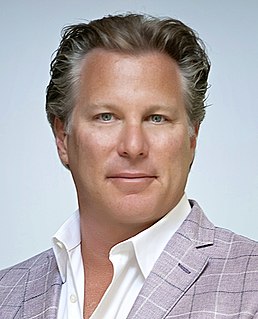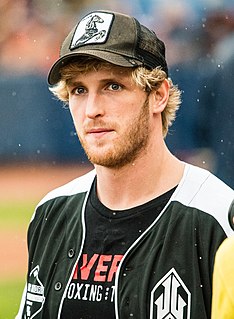A Quote by Ross Levinsohn
Facebook done a great job of monetizing social.
Related Quotes
Facebook has never been merely a social platform. Rather, it exploits our social interactions the way a Tupperware party does. Facebook does not exist to help us make friends, but to turn our network of connections, brand preferences and activities over time - our 'social graphs' - into money for others.
In the early days, a Georgia college kid named Chris Putnam created a virus that made your Facebook profile resemble MySpace, then the social-media incumbent. It went rampant and started deleting user data as well. Instead of siccing the F.B.I. dogs on Putnam, Facebook co-founder Dustin Moskovitz invited him for an interview and offered him a job.

































